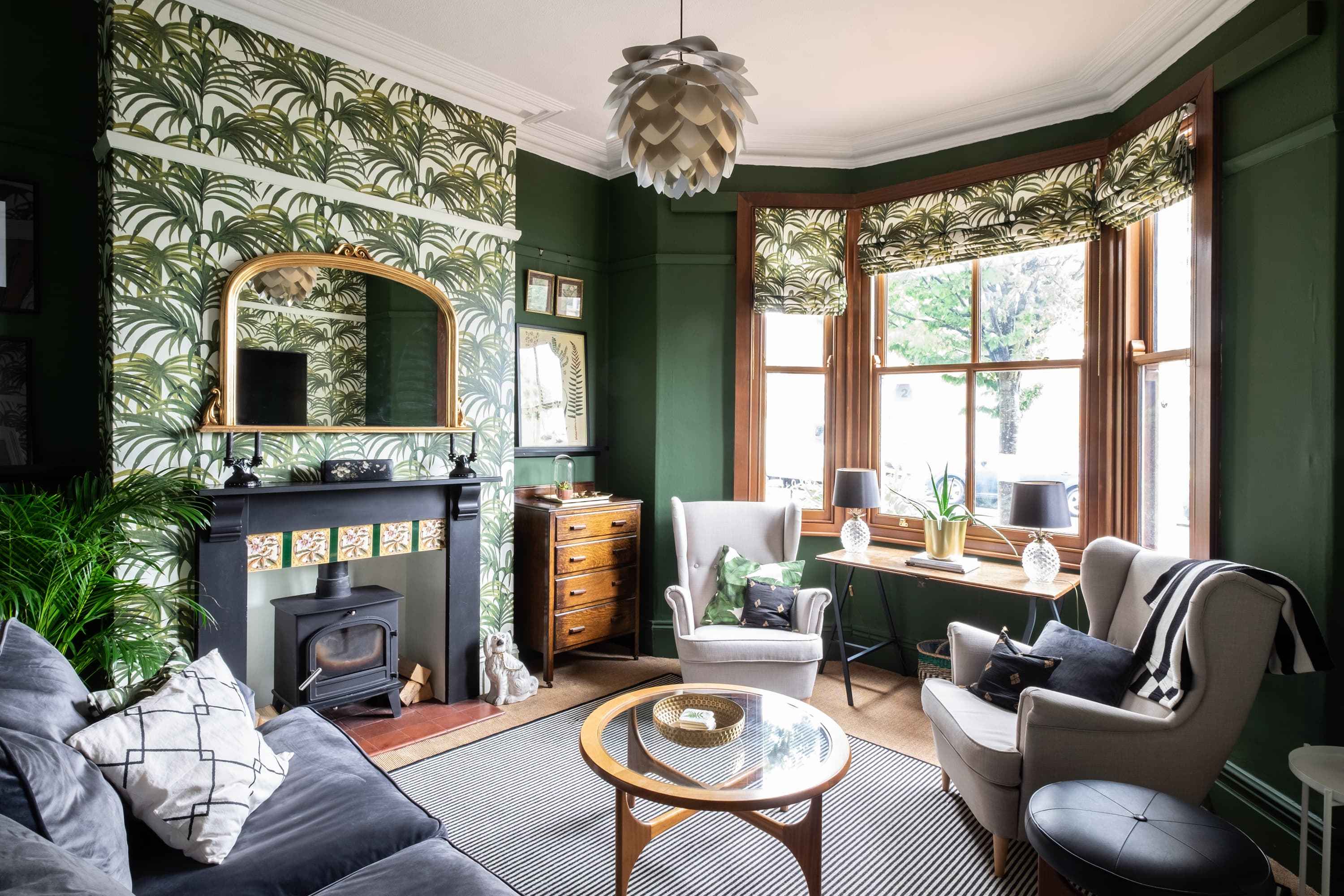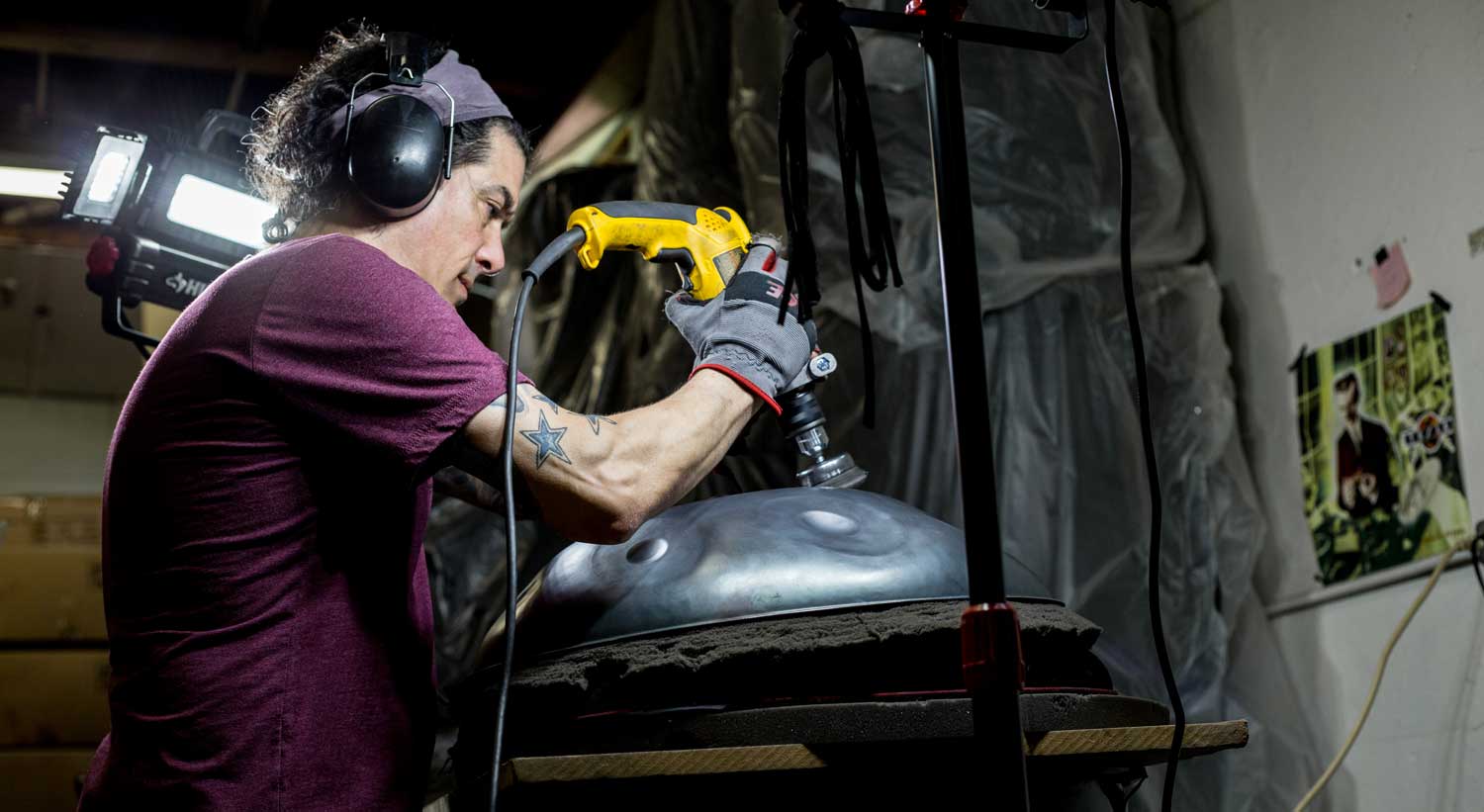Actinic White 12,000K T5 Fluorescent Aquarium Bulbs by UV Lighting Co.
Actinic White 12,000K T5 Fluorescent Aquarium Bulbs by UV Lighting Co.
The combination of 50% 420nm and 50% triband phosphors makes this the lamp great for coral, live rock and related marine life. The 12,000 Kelvin temperature peak gives the Actinic White a true daylight spectrum.
URI has established itself as the hobby favorite with their popular VHO lamps and now they're continuing this with their T5 line.
T5 lamps are unmatched in their output and intensity due their reflective possibilities. Their small diameter (compared to other fluorescent lamps) allows manufactures to create parabolic reflectors that are extremely efficient.
These lamps are the future of fluorescent technology. Whether you use them as supplementation with metal halide or stand alone they are sure to impress.
The URI actinic white VHO bulb is the first of its kind to offer a 50/50 combination of triband and actinic phosphors. Actinic white is a high performance upgrade, great for coral, live rock, and related marine life.
*Important Shipping Information:
Minimum order of 2 (two) T5 lamps, (Mix & Match), to qualify for our standard shipping fees.
HexArc 24 Watt T5 Lamp True Actinic
These German made T5 lamps offer the same quality and affordability you've come to expect from Hexarc Blue lamps. These Hexarc lamps are made in the same factory as Giesemann Megachromes T5 lamps. So you can get same quality for less price.

Pure Actinic - The Hexarc Blue True Actinic lamp offers the actualy actinic spectrum - not a "near" actinic spectral output that occurs on lesser quality lamps. If you're looking for true actinic supplementation, try the Hexarc Blue True Actinic T5 lamps.
Blue Plus - The bluest lamp in the Hexarc Family. Our new 460 blue has that strong 460nm peak that really allows your SPS to stand out from the crowd. Our 460 blue also includes part of the actinic peak as well providing the best of both worlds in your tank.
Let's Have A Discussion, The Subject? Actinic Lighting
Posted: Sun Mar 01, 2009 7:47 pm

Yeah,
Thats what Ive been thinking all along. Posted topic to see if anyone more knowledgeable about turtles than myself had anything to add.
So Actinic is not beneficial in any way whatsoever?
On the other end of the scale, can Actinic lighting cause harm to turtles?
Ps, on a totally unrelated subject, me and my Fiance are getting some Triops soon, out of curiosity, never thought I'd be growing perhistoric shrimp as a pet!
A man who will not die for anything is not fit to live - Martin Luthor King Jr.


![31 Best IPTV Services for FireStick, Android TV, PC [Dec 2021]](https://www.lampsofbible.com/storage/upload/Images/_1639646173_nXrO23JGnM.jpg)





